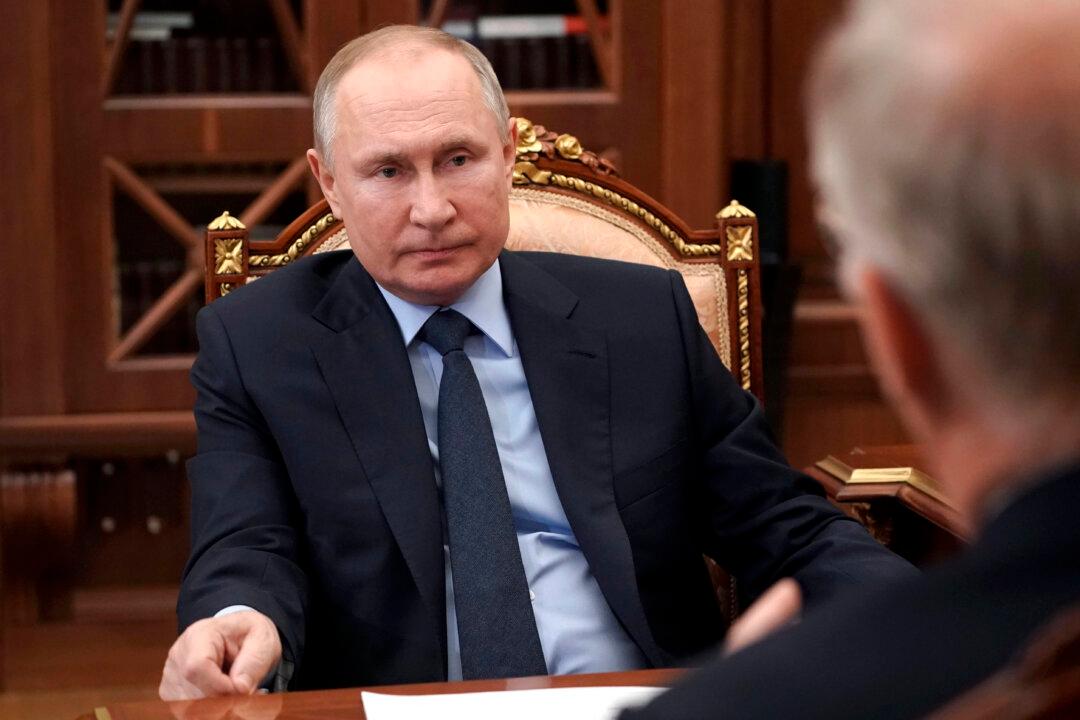U.S. Secretary of State Antony Blinken says the Biden administration is concerned about the buildup of Russian troops near the Ukrainian border and warned Moscow of “consequences” if it acts “aggressively and recklessly” in Ukraine.
Blinken said in an April 11 interview on NBC’s “Meet the Press” that he has “real concerns about Russia’s actions on the borders of Ukraine,“ where he said Russia has amassed more troops than at any time since 2014, when Moscow annexed Crimea. He added that U.S. allies in Europe all ”share that concern.”





